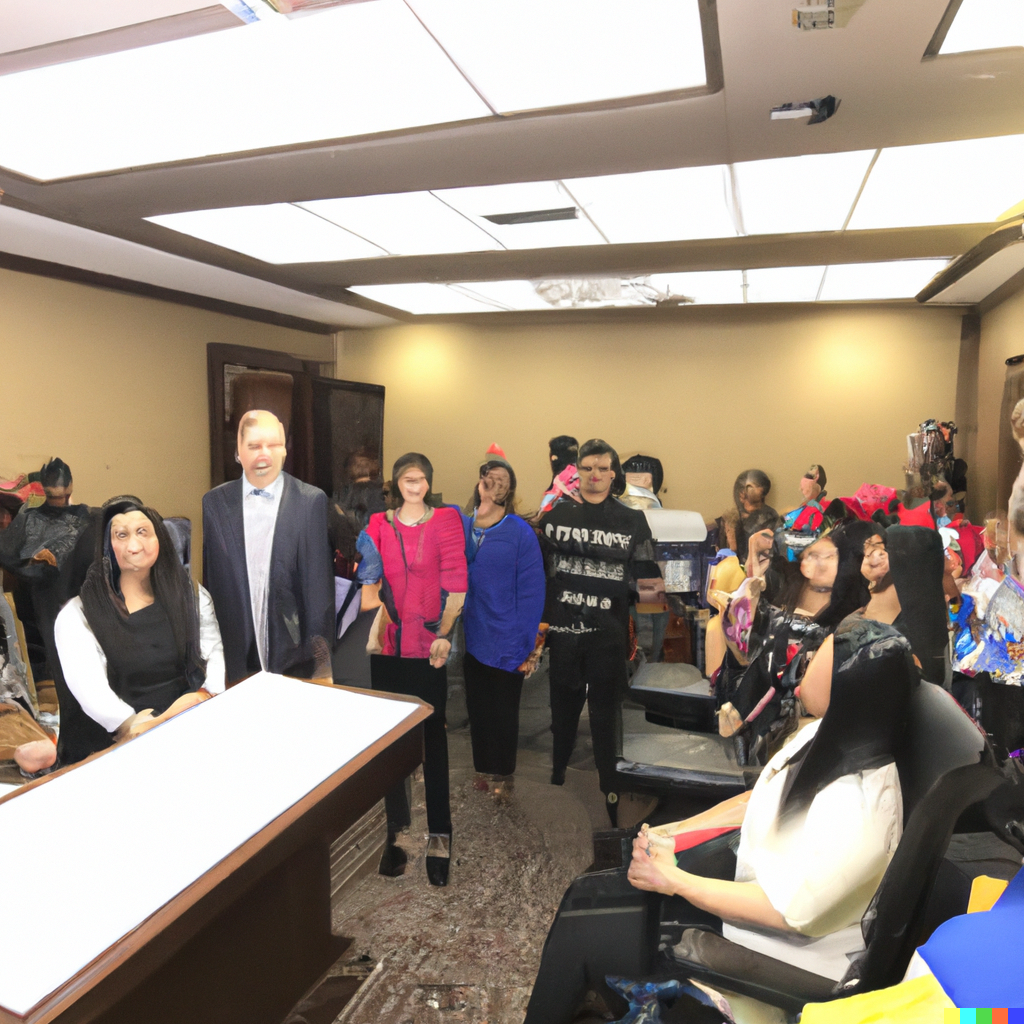
Having not blogged on here for awhile (admittedly struggling with writer’s block/half-written blogs – the usual) I wanted to take a short trip down memory lane through one of my more memorable cases.
I was representing an older Korean Appellant. He had gone through some traumatic injuries and as a result spent too much time with a family member in the United States (as a Green Card holder) and thereby breaching the residency obligation. It was not an insignificant breach.
The case started off with strong documentary evidence. This was pre-amendments to the IAD Rules, which now make it even more crucial to ensure front-end evidence is provide and letters. We made a very strong paper-based case which supported what occurred at the hearing.
Remember, this was back when there were in-person hearings. It seems like a lifetime ago, but up on the 16th floor of 300 West Georgia there are several hearing rooms. Ironically, we were assigned the smallest one, I believe just a handful of no more than eight seats in the witness booth.
The case already had several witnesses. The Appellant had several children, his spouse, and even a best friend were willing to testify.
One of my strategies, which I think is not only effective but also very necessary is to ensure the Appellant has enough to present their case. Back then, in many residency appeals they would schedule cases only for 2 hours. This was in large part due to backlogs, but also an assumption that removal order (residency obligation cases) were easier – required less witnesses, were less complex. This matter, contrary to that presumption, was quite complex with many layers, a long history, a vulnerable person, and a narrative that needed time to tell through multiple witnesses.
However, at this hearing, we also had another advantage – the entire Korean church congregation that the Appellant belonged to. The family had put the word out and even unexpected to me, twenty ajumas and ajusshi’s showed up at the hearing.
As the Member was about to set preliminary matters, he looked up and saw them all from a semi-circle form around my client like a choir around a conductor. He saw that there were members of the congregation would could not even fit in the room and the door was half propped open.
He respectfully gave everyone a chance to state their name, addressed everyone and thanked them for coming out. He ultimately suggested that they could go home as there was simply not enough space. After the room cleared out, he took at the voluminous disclosure, turned to the Minister, and in essence suggested that this appeared to be a very strong case on paper and whether the Minister still wanted to proceed.
The Minister was not ready to consent yet. We proceeded through direct examination and a cross-examination of the Appellant before we were able to reach a consent. Following this, I shared a lovely lunch with the family in Chinatown, nearby.
It was – to date – probably my most memorable IAD experience. It also goes to show, something I often mentor young lawyers and practitioners on – is the importance of the factual, and beyond that the visceral argument. There is a role in compassion and humanity, even amidst the growing boilerplate application of laws and principles.
I wanted to share this story. Perhaps more to re-inspire myself more than anything else.
